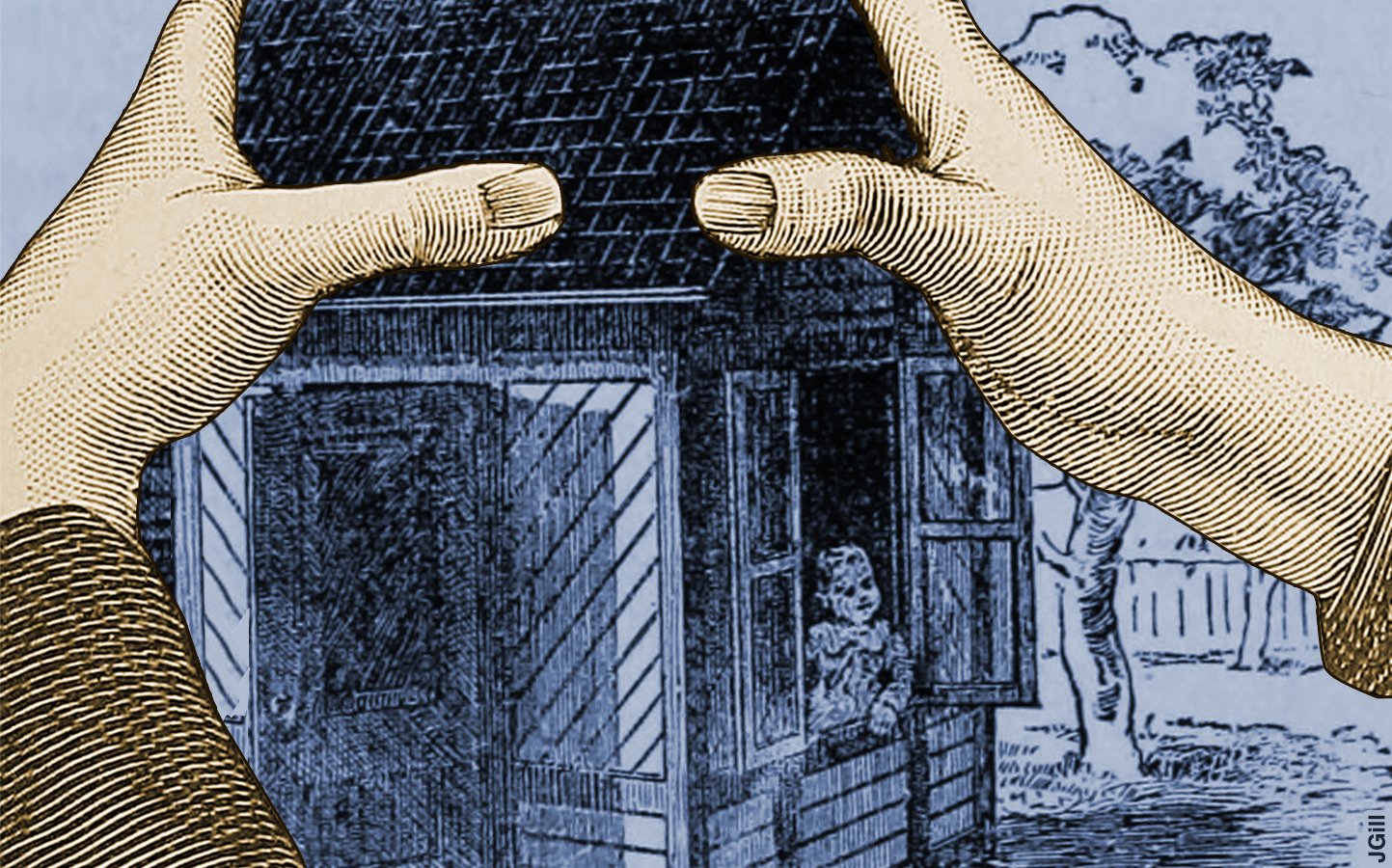There are many places on this planet I would hardly dare visit, much less seek to live near.
One of those places is remote Baotou, in Inner Mongolia, a boom region where much of our planet’s rare earth industry is located.
It becomes obvious as you read Tim Maughan’s BBC report on the region, “The dystopian lake filled by the world’s tech lust,” that the reason China now “monopolizes” this industry is that un-democratic, illiberal China does not have a Not-In-My-Back-Yard “problem.”
NIMBY is for freer societies.
The devastation to the landscape, Maughan writes, is astounding in scope and horror. “Dozens of pipes line the shore, churning out a torrent of thick, black, chemical waste from the refineries that surround the lake,” he explains. “The smell of sulfur and the roar of the pipes invades my senses. It feels like hell on Earth.”
But NIMBYnomics aside, Maughan’s parting shot is interesting. “[O]nce we made watches with minerals mined from the Earth and treated them like precious heirlooms; now we use even rarer minerals and we’ll want to update them yearly. Technology companies continually urge us to upgrade; to buy the newest tablet or phone. But I cannot forget that it all begins in a place like Bautou, and a terrible toxic lake that stretches to the horizon.”
I hazard that Apple and its competitors will discover ways around rare earth reliance, in the future — if consumers raise a stink.
It is amazing how responsive free markets can be.
And as for outrageous pollution? Socialist command economies were notorious for their horrifying pollution standards back in the day. Corporatist, one-party (fascist) China carries on that tradition.
The cure for pollution is obvious.
This is Common Sense. I’m Paul Jacob.



 Dupree fought back. He got the
Dupree fought back. He got the 

